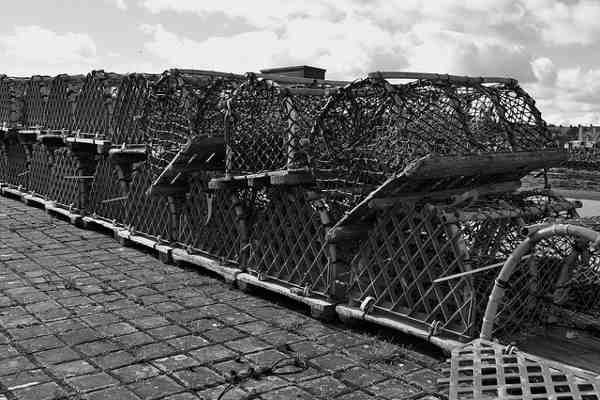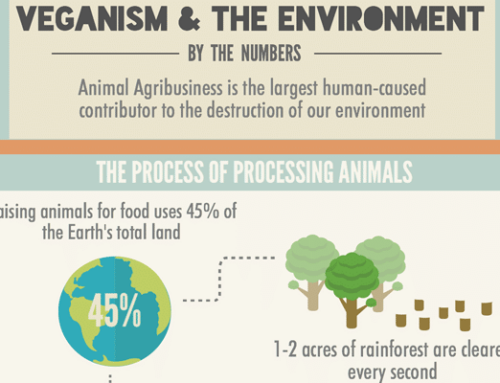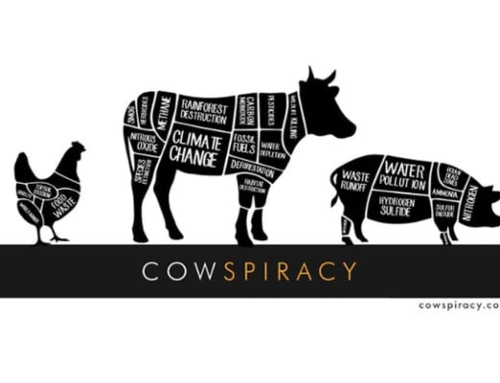You Don’t Have to Be A Scientist to See the Harm in Fishing
Disclosure: This post may contain affiliate links
Whether or not scientists come to a definitive, unanimous conclusion as to if fish feel pain, you don't have to be a scientist to see the harm in fishing. On a global scale, it is destroying our oceans.

What's in this post

Today is apparently National Go Fishing Day. Such a holiday might bring to mind visions of Andy Griffith and his son, Opie, fishing poles in hand, whistling theme song playing them down the path. Or maybe you have childhood memories of a family member or friend, baiting a hook and trying to catch carp in a nearby creek. To many, fishing seems like a peaceful, harmless past-time – especially if the fisherman is simply throwing the caught fish back into the water… In reality, that’s not the case.
There have been conflicting scientific studies as to whether or not fish feel pain. A 2009 study on goldfish concluded “behavioral differences showed that fish can feel both reflexive and cognitive pain.” Is this surprising? Perhaps not – it’s not unreasonable to presume that being caught on hooks is painful. On the other hand, in December 2012, “Can fish really feel pain?,” a research article published in the journal Fish and Fisheries, reported that “Overall, the behavioral and neurobiological evidence reviewed shows fish responses to nociceptive stimuli are limited and fishes are unlikely to experience pain.”
Whether or not scientists come to a definitive, unanimous conclusion as to if fish feel pain, you don’t have to be a scientist to see the harm in fishing. On a global scale, it is destroying our oceans. Bycatch makes unintended victims of the world’s fisheries, including millions of sea turtles, and a study published in 2006 in Science predicts that if fishing rates continue as they are currently, we will see a collapse of all fisheries by 2048. Not so far away, is it?
How can you help spread the word about overfishing, on National Go Fishing Day and every day? Here are a few ideas:
- Live Vegan. Stopping the consumption and use of animal products is a statement. Don’t underestimate the power of one, because all of those “ones” add up. The more of us that refrain from eating animals; the less demand.
- Write a letter. Whether to your local political officials or to the local newspaper, write about destructive fishing methods and express your concern.
- Get involved. The Black Fish, “an international marine conservation movement on a mission to end the industrial overfishing of our oceans,” aims their grassroots campaigns and educational projects at empowering people to get actively involved. Find out more at www.theblackfish.org.
Remember, animals are here with us, not for us, and fish – contrary to a perpetuated misperception – are animals. Let’s do what we can to make sure they are still here in 2048 and beyond.
Photo credit: Ray Forster via Flickr





